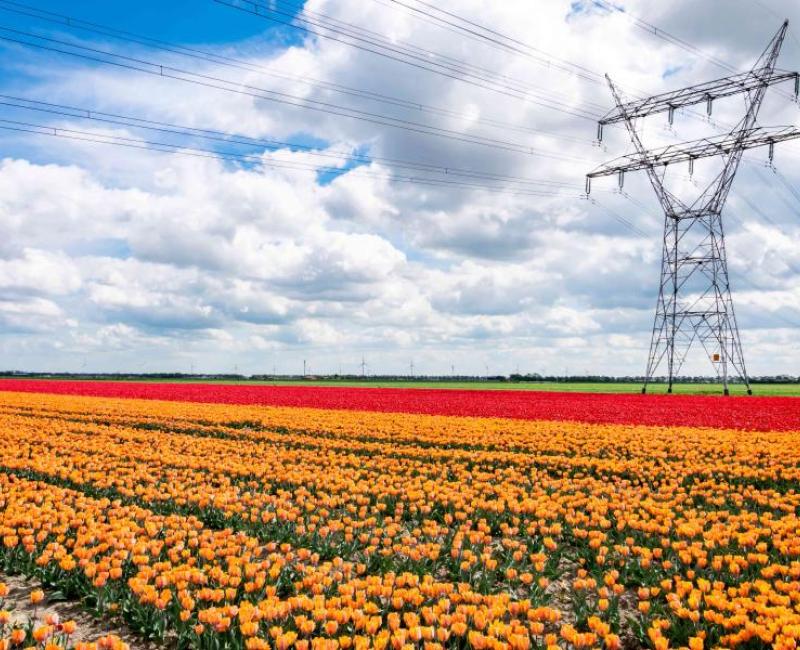ACER decides not to introduce long-term transmission rights for hedging between the Netherlands and Norway

ACER decides not to introduce long-term transmission rights for hedging between the Netherlands and Norway
What is it about?
On 16 August 2024, the National Regulatory Authority (NRA) of the Netherlands asked ACER to decide on how to address insufficient risk hedging opportunities at the bidding zone border between the Netherlands and Norway (NL-NO2).
After consulting with stakeholders in autumn 2024 and assessing the potential impact of long-term transmission rights (LTTRs) on the NL-NO2 bidding zone border, ACER has now issued its Decision 02-2025.
Why was a decision needed?
The assessments performed by the Dutch and Norwegian NRAs found insufficient opportunities to hedge electricity prices in their respective bidding zones. Sufficient long-term hedging opportunities are important for market participants to hedge against price volatility and to mitigate uncertainty on future investment returns.
To address this issue, national regulators can request their Transmission System Operators (TSOs) to:
- Issue long-term transmission rights (LTTRs); or
- Ensure the availability of other long-term cross-zonal hedging products that can support the functioning of the wholesale electricity market.
Since the Dutch and Norwegian regulators could not reach an agreement, the decision was referred to ACER and the EFTA Surveillance Authority.
What are long-term transmission rights?
Long-term transmission rights are cross-border hedging tools provided by TSOs, enabling market players to manage price differences between bidding zones and reduce financial risks.
What did ACER decide?
ACER decided against the introduction of long-term transmission rights on the NL-NO2 bidding zone border. ACER’s assessment showed that:
- LTTRs would offer limited improvements to hedging opportunities in the Dutch and NO2 bidding zones;
- Financial LTTRs on this border would likely be undervalued, resulting in higher costs for consumers.
For this reason, ACER has asked the Dutch TSO to explore alternative measures to address insufficient hedging opportunities in these bidding zones.
The EFTA Surveillance Authority will issue a decision for Norway, following the procedure outlined in the EEA Agreement.
What are the next steps?
The Dutch TSO has six months to submit an alternative proposal to its NRA, outlining arrangements to improve hedging opportunities in these bidding zones.


